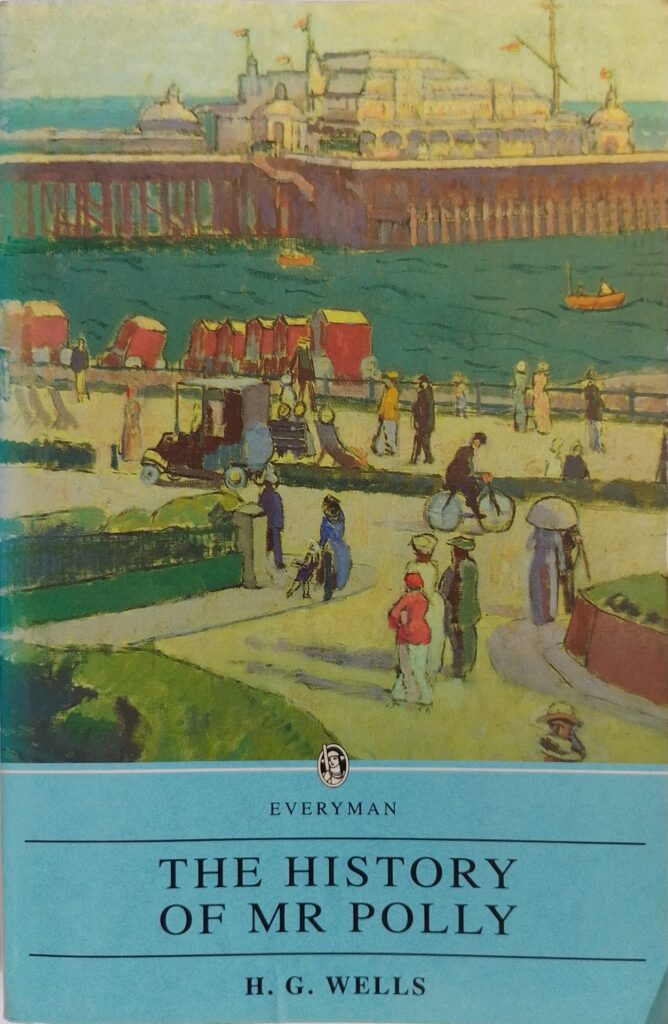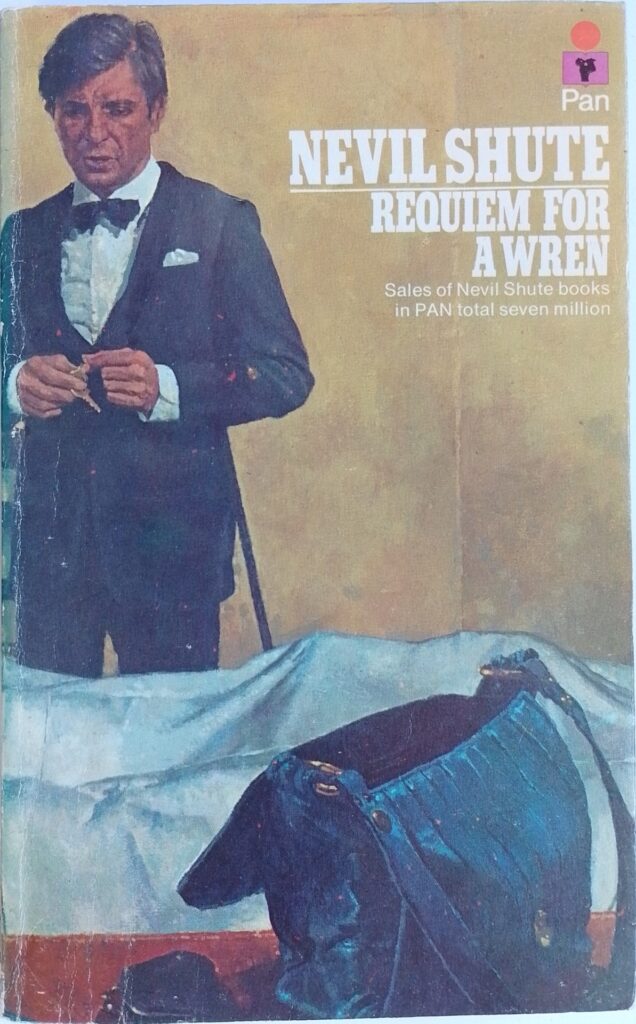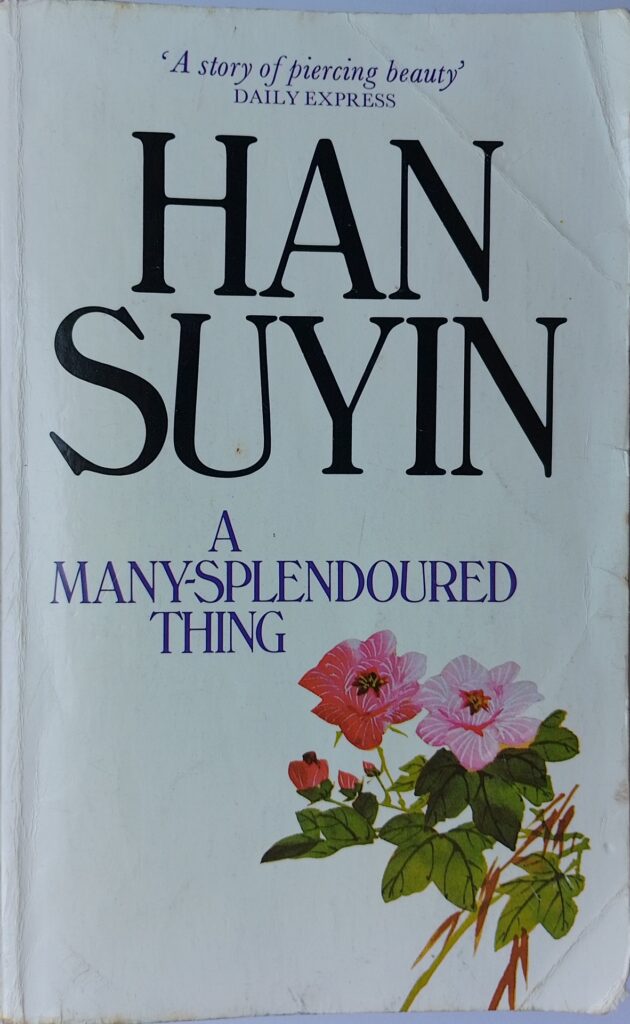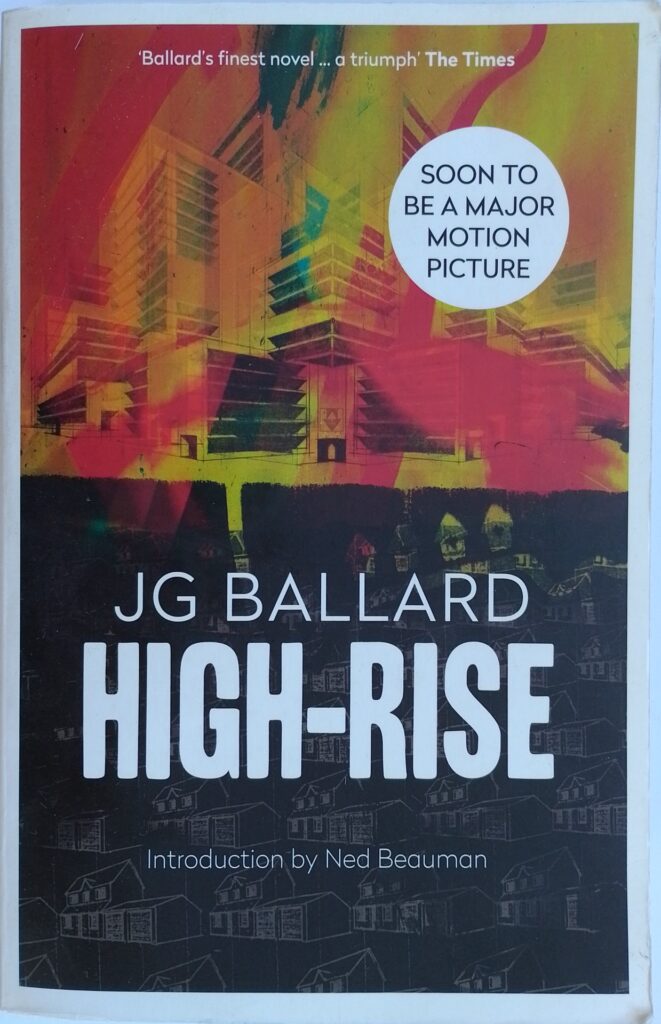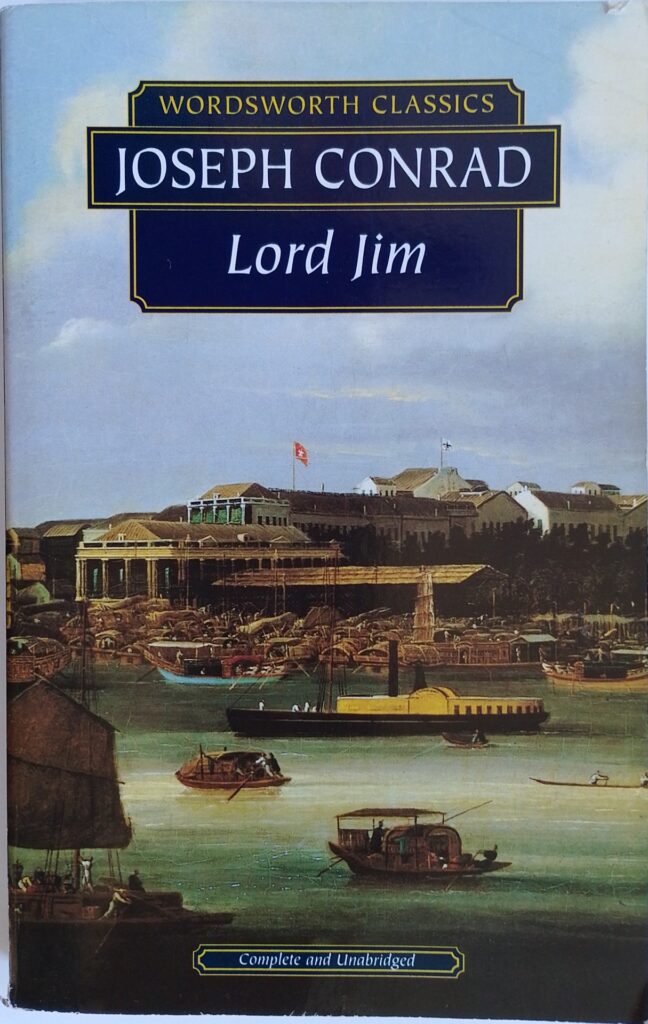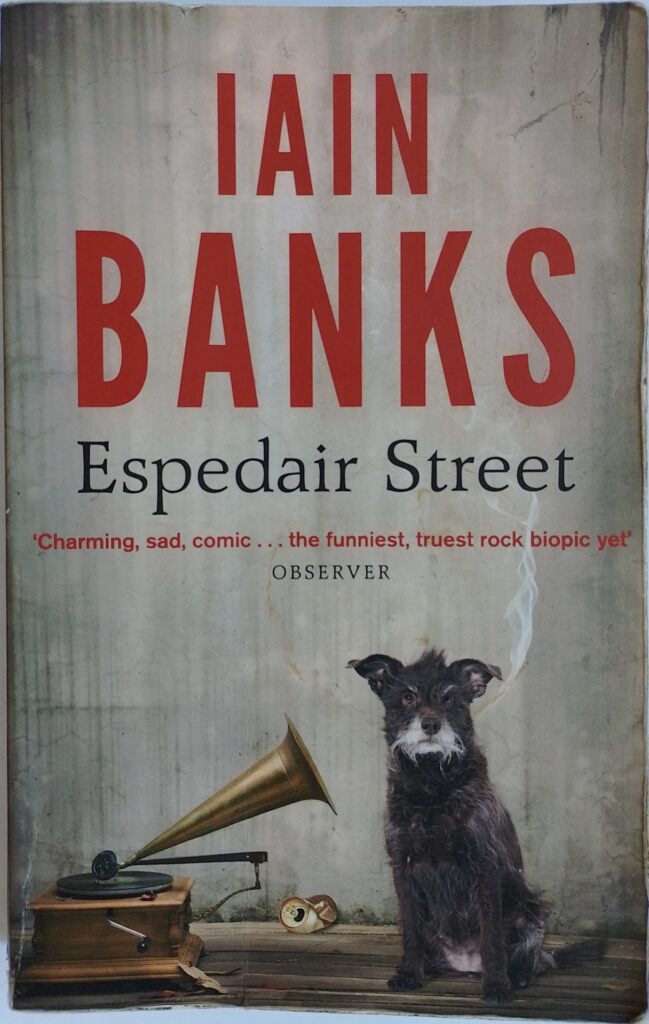History of Mr Polly — H G Wells
First published 1910. Everyman paperback, 2001, pp 235, c.75,000 words. Aside from Well’s future fiction, this is one of his best-known works. How well does it stand up today? Wells was rather inclined to inject his own views and prejudices into his fiction, although this is perhaps the last of his primarily fiction works according […]
History of Mr Polly — H G Wells Read More »

